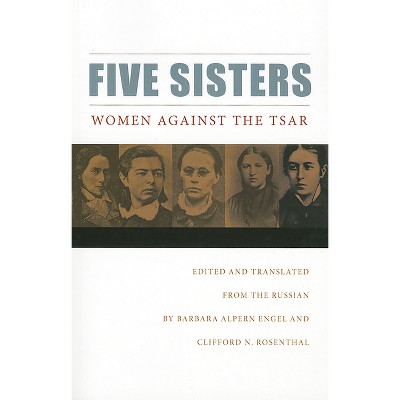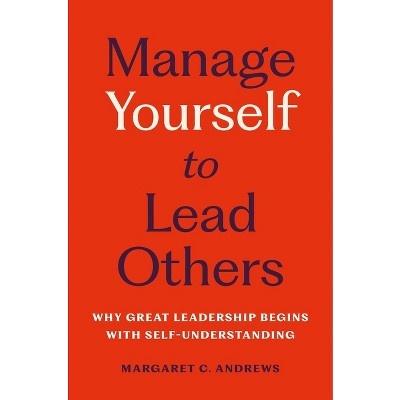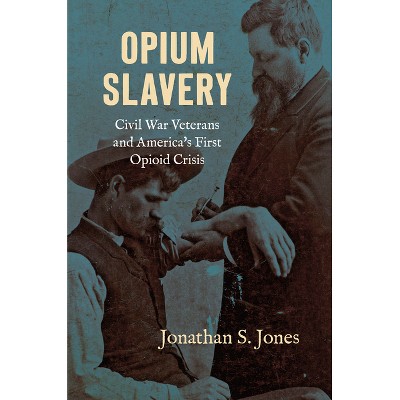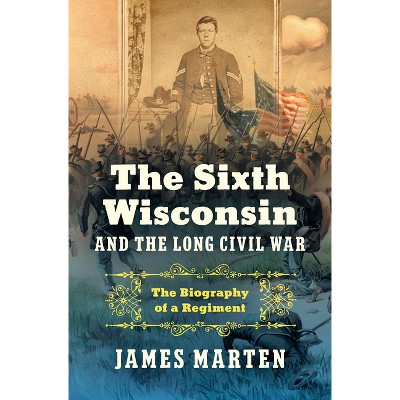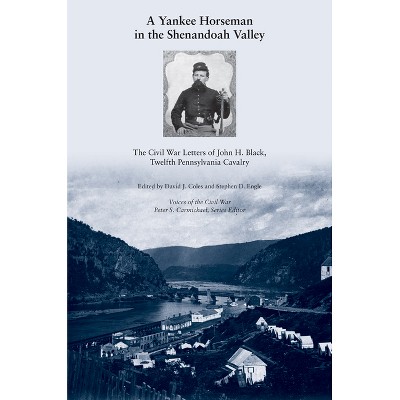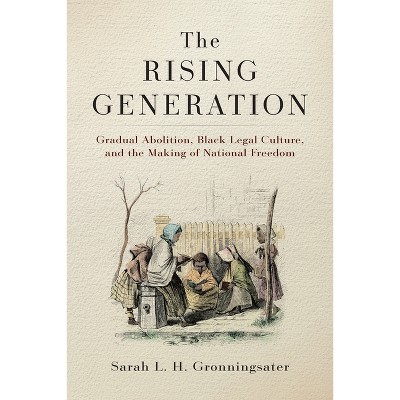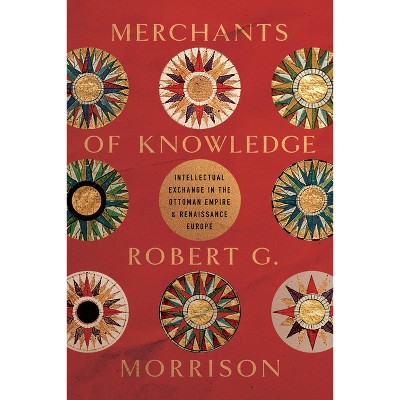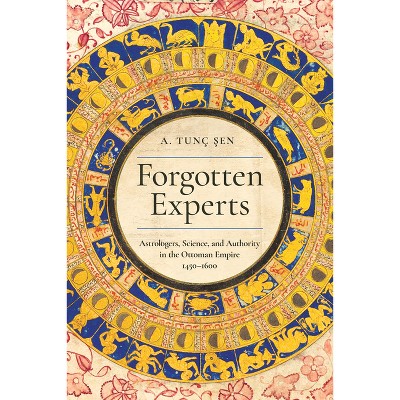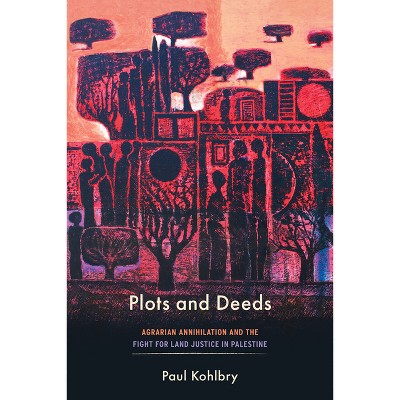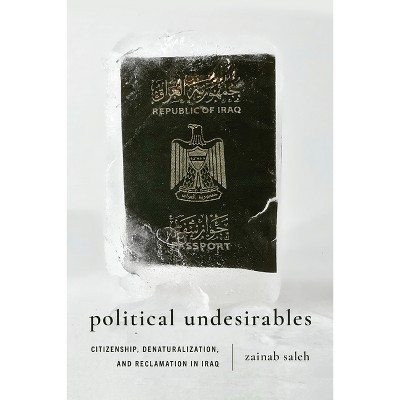Sponsored

Needs That Bind - by Orçun Can Okan (Hardcover)
Pre-order
Sponsored
About this item
Highlights
- Needs That Bind reconsiders the dismantling of the Ottoman Empire and the construction of new regimes in the decade after World War I, to understand the consequential connections that remained among the new republican regime in Turkey and neighboring French and British Mandates in Syria-Lebanon and Iraq.
- About the Author: Orçun Can Okan is a Research Associate in the Faculty of History at the University of Oxford.
- 272 Pages
- History, Middle East
Description
About the Book
"Needs that Bind reconsiders the dismantling of the Ottoman Empire and the construction of new regimes in the decade after World War I, to understand the consequential connections that remained among the new republican regime in Turkey and neighboring French and British Mandates in Syria-Lebanon and Iraq. Orcun Can Okan examines how these new states and their people managed problems of state succession through diplomatic, administrative, and legal interactions with and between bureaucracies. He foregrounds pressing questions of nationality as they were experienced by a diverse group of social actors, men and women, rich and poor. Okan tracks previously untapped Ottoman records, now spread across multiple regimes, to investigate claims to retirement pensions, alimony cases between former spouses who became nationals of different states, and disputes over land, property, and assets held in pious endowments. It is through these types of interactions and connections, he argues, that newly emerged post-Ottoman regimes materialized basic norms and understandings about nationality - an understanding more similar to subjecthood to state authority than rights-based citizenship. With an engaging, grounded historical narrative, this book contributes to thinking historically and critically about the tangible stakes and practical significance of nationality in times of profound political change and institutional instability"-- Provided by publisher.Book Synopsis
Needs That Bind reconsiders the dismantling of the Ottoman Empire and the construction of new regimes in the decade after World War I, to understand the consequential connections that remained among the new republican regime in Turkey and neighboring French and British Mandates in Syria-Lebanon and Iraq. Orçun Can Okan examines how these new states and their people managed problems of state succession through diplomatic, administrative, and legal interactions with and between bureaucracies. He foregrounds pressing questions of nationality as they were experienced by a diverse group of social actors, men and women, rich and poor.
Okan tracks previously untapped Ottoman records, now spread across multiple regimes, to investigate claims to retirement pensions, alimony cases between former spouses who became nationals of different states, and disputes over land, property, and assets held in pious endowments. It is through these types of interactions and connections, he argues, that newly emerged post-Ottoman regimes materialized basic norms and understandings about nationality--an understanding more similar to subjecthood to state authority than rights-based citizenship. With an engaging, grounded historical narrative, this book contributes to thinking historically and critically about the tangible stakes and practical significance of nationality in times of profound political change and institutional instability.
Review Quotes
"Needs that Bind gently but firmly displaces our understanding of post-Ottoman state succession as mostly a project of military conquest, diplomatic fixing, and political culture. We learn how, distant from land frontiers, thousands of middling state servants reidentified themselves amidst terrible battles to create new majorities--battles that remain at the heart of political struggle a century later." --Will Hanley, Florida State University
"Orçun Can Okan has written a new and wonderfully original history chronicling the human consequences of imperial collapse. What happens to pensioners, war widows, license holders, passport bearers, and nationality as a legal category, when a state disappears, borders change, and people remain? Needs that Bind shows the upheaval and human costs in poignant and thorough detail." --Michael Provence, University of California, San Diego
About the Author
Orçun Can Okan is a Research Associate in the Faculty of History at the University of Oxford.
